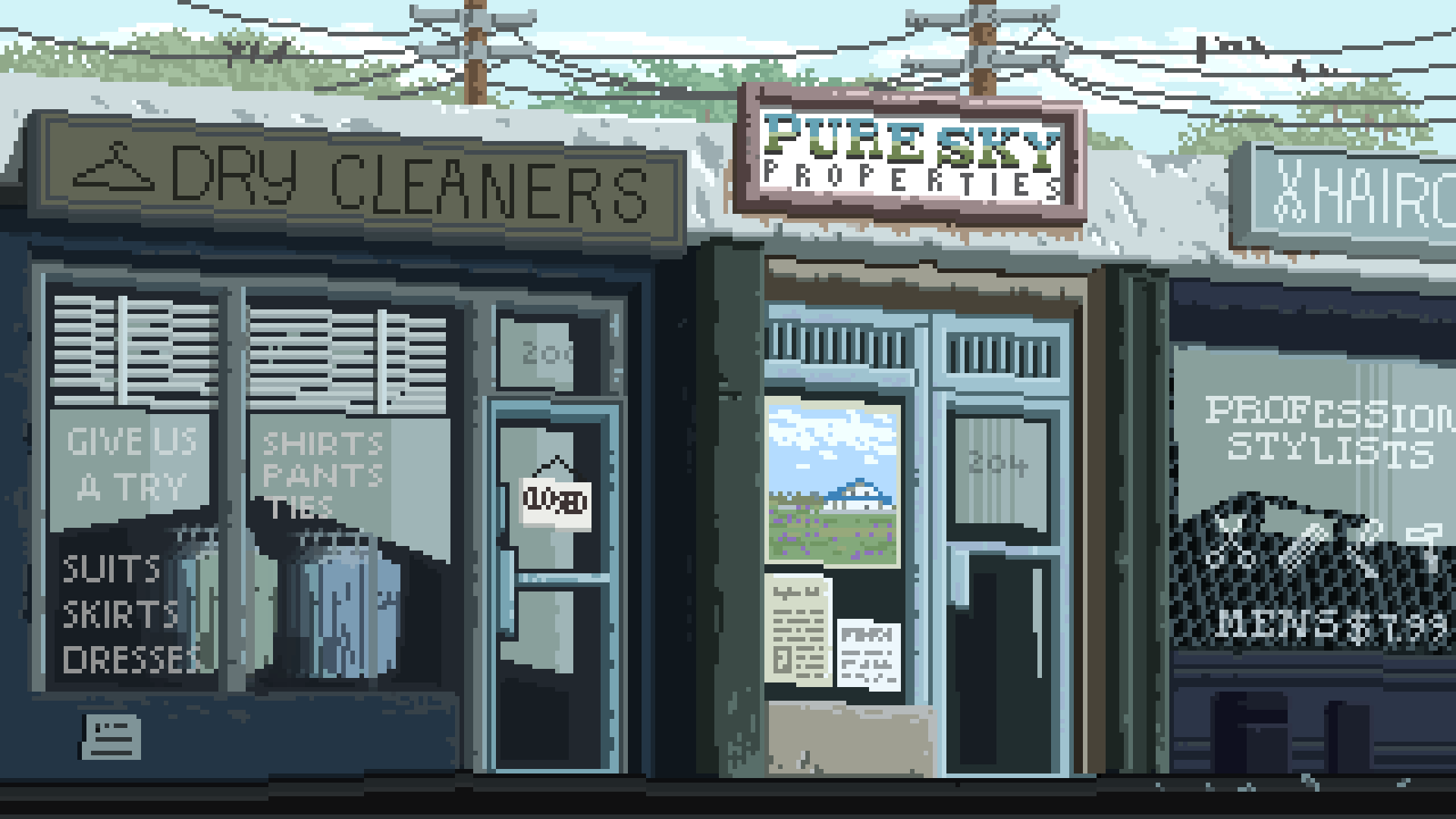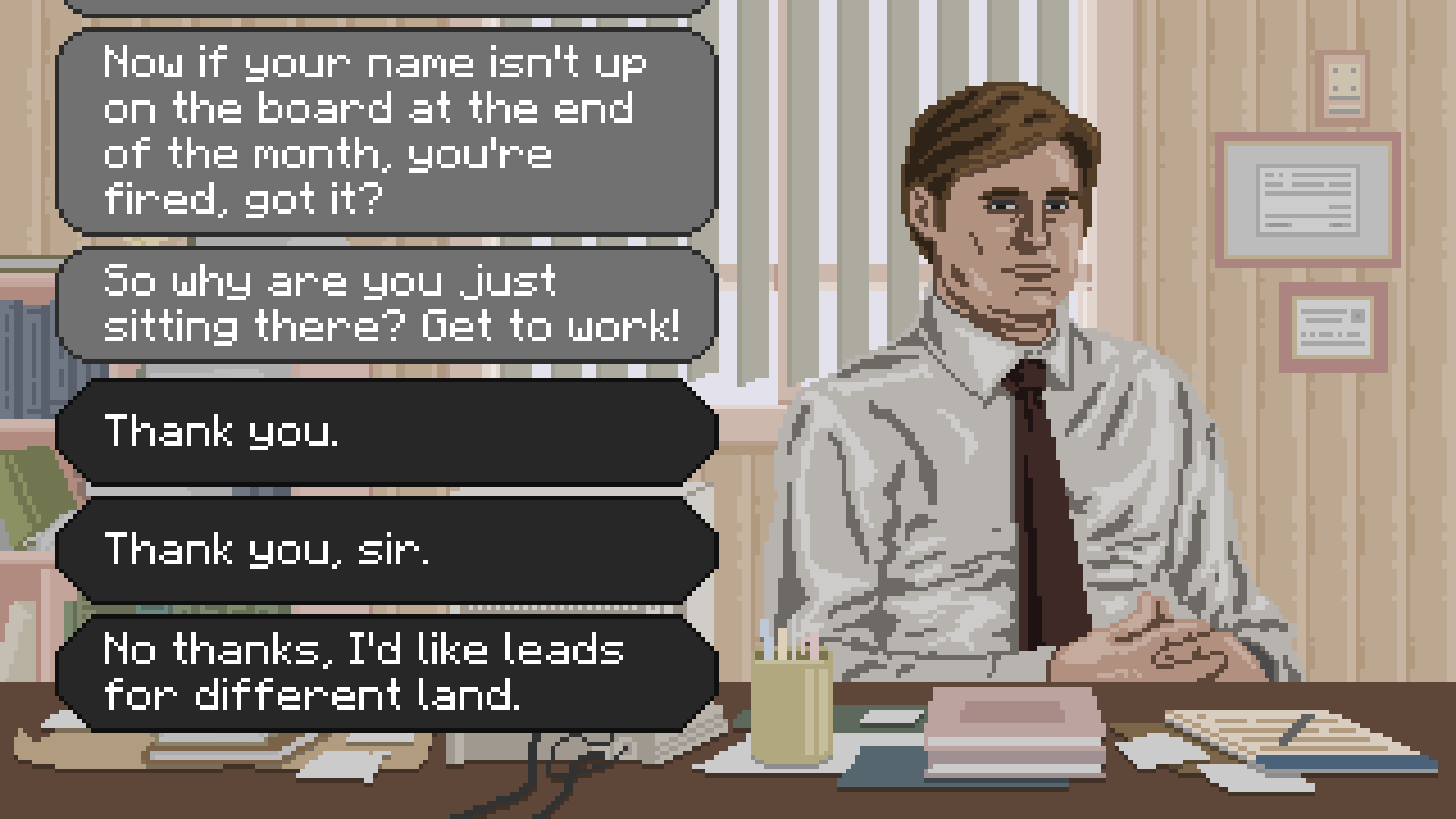

At first glance Jack seemed fair enough, with his curly hair and quick laugh, but for a small man he carried some weight in the haunch and his smile disclosed buckteeth, not pronounced enough to let him eat popcorn out of the neck of a jug, but noticeable. They found a bar and drank beer through the afternoon, Jack telling Ennis about a lightning storm on the mountain the year before that killed forty-two sheep, the peculiar stink of them and the way they bloated, the need for plenty of whiskey up there. “ Tomorrow mornin we’ll truck you up the jump-off.” Pair of deuces going nowhere. Somebody with supplies’ll be there in a pickup.” He didn’t ask if Ennis had a watch but took a cheap round ticker on a braided cord from a box on a high shelf, wound and set it, tossed it to him as if he weren’t worth the reach. You,” he said to Ennis, taking in the ragged hair, the big nicked hands, the jeans torn, button-gaping shirt, “Fridays twelve noon be down at the bridge with your next-week list and mules. Last summer had goddam near twenty-five-percent loss. Roll up that tent every mornin case Forest Service snoops around. Eat supper, breakfast in camp, but sleep with the sheep, hundred percent, no fire, don’t leave no sign. with the sheep, out a sight, and he’s goin a sleep there. What I want-camp tender in the main camp where the Forest Service says, but the herder”-pointing at Jack with a chop of his hand-“pitch a pup tent on the Q.T. Bad predator loss, nobody near lookin after em at night. Them camps can be a couple a miles from where we pasture the sheep. “Forest Service got designated campsites on the allotments. Joe Aguirre, wavy hair the color of cigarette ash and parted down the middle, gave them his point of view. The venetian blinds hung askew and admitted a triangle of white light, the shadow of the foreman’s hand moving into it. They shook hands in the choky little trailer office in front of a table littered with scribbled papers, a Bakelite ashtray brimming with stubs. It would be Jack Twist’s second summer on the mountain, Ennis’s first. The summer range lay above the tree line on Forest Service land on Brokeback Mountain. That spring, hungry for any job, each had signed up with Farm and Ranch Employment-they came together on paper as herder and camp tender for the same sheep operation north of Signal. Both Jack and Ennis claimed to be saving money for a small spread in Ennis’s case that meant a tobacco can with two five-dollar bills inside. In 1963, when he met Jack Twist, Ennis was engaged to Alma Beers. He had wanted to be a sophomore, felt the word carried a kind of distinction, but the truck broke down short of it, pitching him directly into ranch work. The pickup was old, no heater, one windshield wiper, and bad tires when the transmission went, there was no money to fix it.
#DIRTY LAND MOUNTAIN CARTOON LICENSE#
Ennis, reared by his older brother and sister after their parents drove off the only curve on Dead Horse Road, leaving them twenty-four dollars in cash and a two-mortgage ranch, applied at age fourteen for a hardship license that let him make the hour-long trip from the ranch to the high school. And if you haven’t, perhaps it will give you some small measure of understanding for what those who’ve fought have seen, experienced and felt.They were raised on small, poor ranches in opposite corners of the state, Jack Twist in Lightning Flat, up on the Montana border, Ennis del Mar from around Sage, near the Utah line, both high-school drop-out country boys with no prospects, brought up to hard work and privation, both rough-mannered, rough-spoken, inured to the stoic life.

(Although we did not count Star Wars – sorry, nerds.) If you’ve seen battle yourself, many of these movies will resonate somewhere deep within you. For this list, we’ve compiled films that span the historical and fictional gamut, from both World Wars to Vietnam to Iraq to imaginary interplanetary conflict. Simply asking those questions in the right way can produce compelling, often harrowing cinema. Why do we fight? Why do people enlist? What happens afterward? Is war ever justified? Is it ever worth it in the end?Įven if there’s rarely ever any clear answer, the best war movies attempt to examine combat from all sides. It’s the basis for exploring a slew of existential questions. Few events are such natural conduits for drama, suspense, horror, heroism and examination of the human condition. Military conflict has formed the background of many great films, including some of the best of all time. War, what is it good for? Absolutely nothing – well, except for movies.


 0 kommentar(er)
0 kommentar(er)
